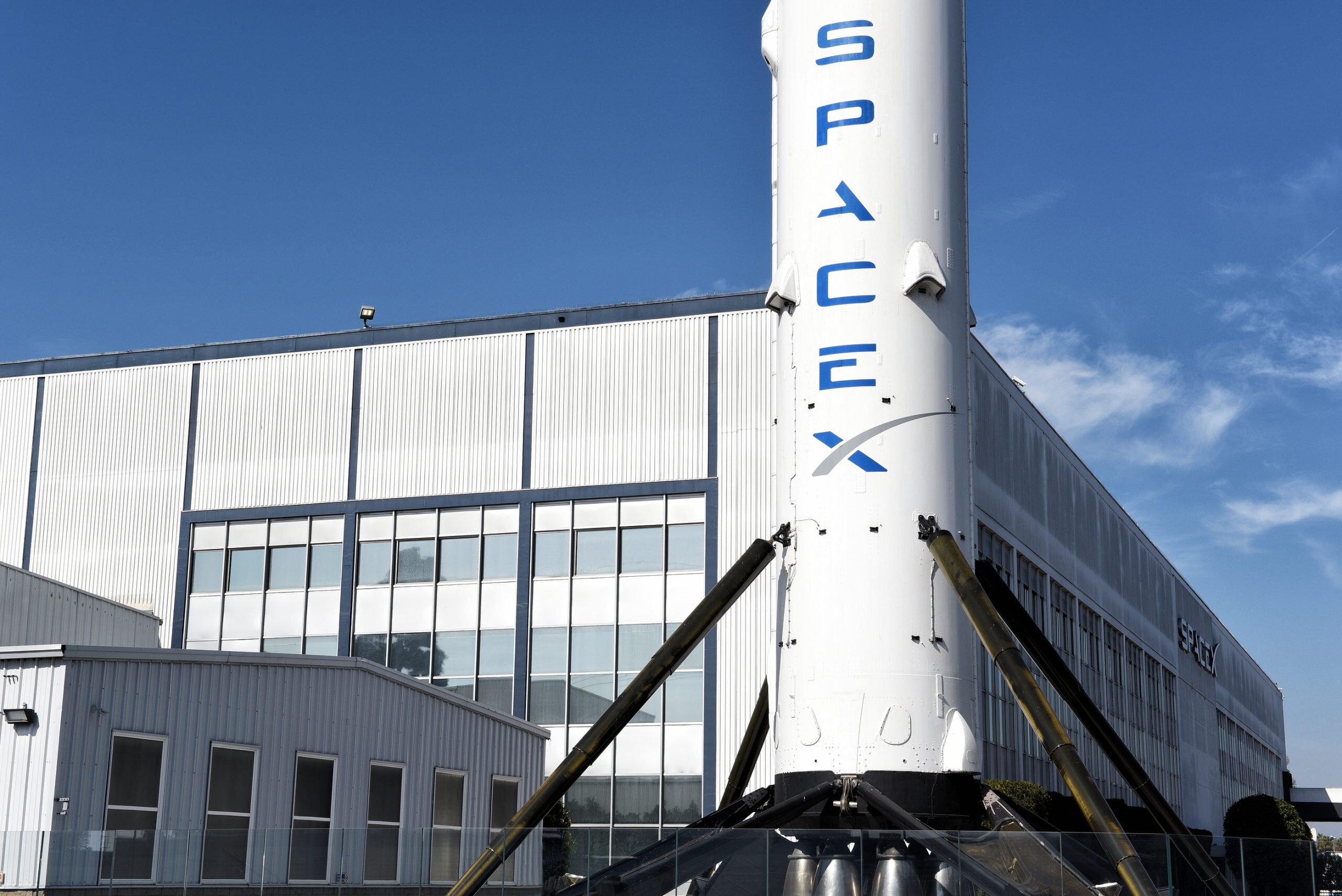Comments
- No comments found

When it comes to the concept of disruptions in this world, we tend to focus on all the new digital tools that are creating ripples in headlines.
From generative AI to digital currency, these digital disruptions are definitely leaving their impact. But instead, the focus of today should be on the very concept of disruption itself, not just digital disruption.

The word “disruption” is a key stumbling point for many. Having worked with businesses and organizations of varying sizes worldwide, what I have discovered is that while most have a heavy focus on digital disruptions, others do not consider the many other disruptions this world is throwing our way.
To help the world while leveraging disruptions, we must better understand the term “transformation” as well. What we are aiming to do is transform the world instead of merely changing it. In today’s world of accelerating disruptions of any kind, if you are only aiming to change something, you are falling further and further behind.
To account for those aforementioned disruptions, being agile is important. But no matter how agile you are, reacting quickly is not an effective strategy. You want to implement a strategy that takes into consideration the long-term vitality of your business and one that betters humankind!
We now need to become much more Anticipatory than ever before, using Hard Trends based on future facts to anticipate disruptions before they disrupt. This is how you create more long-term significance in your organization and the world overall.
I always explain this in the form of a two-sided strategic coin. Agility represents a defensive strategy on one side of the strategic coin, and anticipation represents the offensive side. Leveraging disruptions to create transformation is an Anticipatory competency that is vital in many ways. This competency is quite different from making changes to your business strategy to respond to said disruptions with agility.
When you create a change, you generally are making some type of nominal adjustment. A transformation has a much larger impact on both your organization and the world. We want to make differences that better the lives of our current and future customers.
If we do not become Anticipatory and look for ways to transform our world instead of trying to change them in an agile way, we will have an increasing number of problems to solve.
Many have said that when dealing with a problem, sometimes the answer is right in front of your eyes. This is true, but I have found that in many cases, the answer may be in the opposite direction.
The Law of Opposites is an Anticipatory competency that helps you and your team see opportunity in the most inconspicuous places. This law encourages you to look in the opposite direction to find solutions to problems that seem overwhelming and often impossible to solve.
SpaceX is a company that leveraged this Anticipatory competency and created a transformation in an industry that others, even NASA themselves, thought to be unrealistic.

Rockets launched into space leave a trail of space junk that, in most cases, burns up upon re-entry into the Earth’s atmosphere. Most of the rockets proved to be a one-time use. Elon Musk and his team at SpaceX went the route of building reusable rockets. This nearly eliminates the issue of space junk and creates a level of sustainability for their organization and the aerospace industry. They are the first to do this and have become a staple in space exploration, launching and servicing satellites, and now are involved in our next moon mission.
So, how did the Law of Opposites help this prolific company create a transformation in their industry?
Instead of looking at the obvious problem, they took a look in the opposite direction. The issues, including cost, that were plaguing space travel were not the right problem. The problem was how to continue space exploration in the most sustainable way. In turn, SpaceX built something sustainable for themselves and our world.
I want your organization to be able to sustain growth and its significance in the world. Likewise, I want your organization to be a beacon of transformation that benefits humankind in whatever way you can!
It all starts on a very simple and small scale. I encourage everyone to be both agile and Anticipatory in thinking and practice to create transformations.
As I said earlier and will say again, agility and anticipation are like two sides of a strategic coin. The agility side represents playing defense — a fast, reactive strategy that is good for changes that seem to come out of nowhere. The other half of the strategy coin is anticipation — playing offense, anticipating disruptions before they disrupt, and as the case with SpaceX, going opposite to pre-solve problems before they occur. Both are needed to leverage disruptions to your organization’s advantage.
Will your organization transform your processes, products, and services to build a sustainable practice? Or will you stick to changing them on an as-needed basis? The answer is a Soft Trend — it is up to you to take charge!
Daniel Burrus is considered one of the world’s leading futurists on global trends and innovation. The New York Times has referred to him as one of the top three business gurus in the highest demand as a speaker. He is a strategic advisor to executives from Fortune 500 companies, helping them to accelerate innovation and results by develop game-changing strategies based on his proven methodologies for capitalizing on technology innovations and their future impact. His client list includes companies such as Microsoft, GE, American Express, Google, Deloitte, Procter & Gamble, Honda, and IBM. He is the author of seven books, including The New York Times and Wall Street Journal best-seller Flash Foresight, and his latest book The Anticipatory Organization. He is a featured writer with millions of monthly readers on the topics of innovation, change and the future and has appeared in Harvard Business Review, Wired, CNBC, and Huffington Post to name a few. He has been the featured subject of several PBS television specials and has appeared on programs such as CNN, Fox Business, and Bloomberg, and is quoted in a variety of publications, including The Wall Street Journal, Financial Times, Fortune, and Forbes. He has founded six businesses, four of which were national leaders in the United States in the first year. He is the CEO of Burrus Research, a research and consulting firm that monitors global advancements in technology driven trends to help clients profit from technological, social and business forces that are converging to create enormous, untapped opportunities. In 1983 he became the first and only futurist to accurately identify the twenty technologies that would become the driving force of business and economic change for decades to come. He also linked exponential computing advances to economic value creation. His specialties are technology-driven trends, strategic innovation, strategic advising and planning, business keynote presentations.
Leave your comments
Post comment as a guest